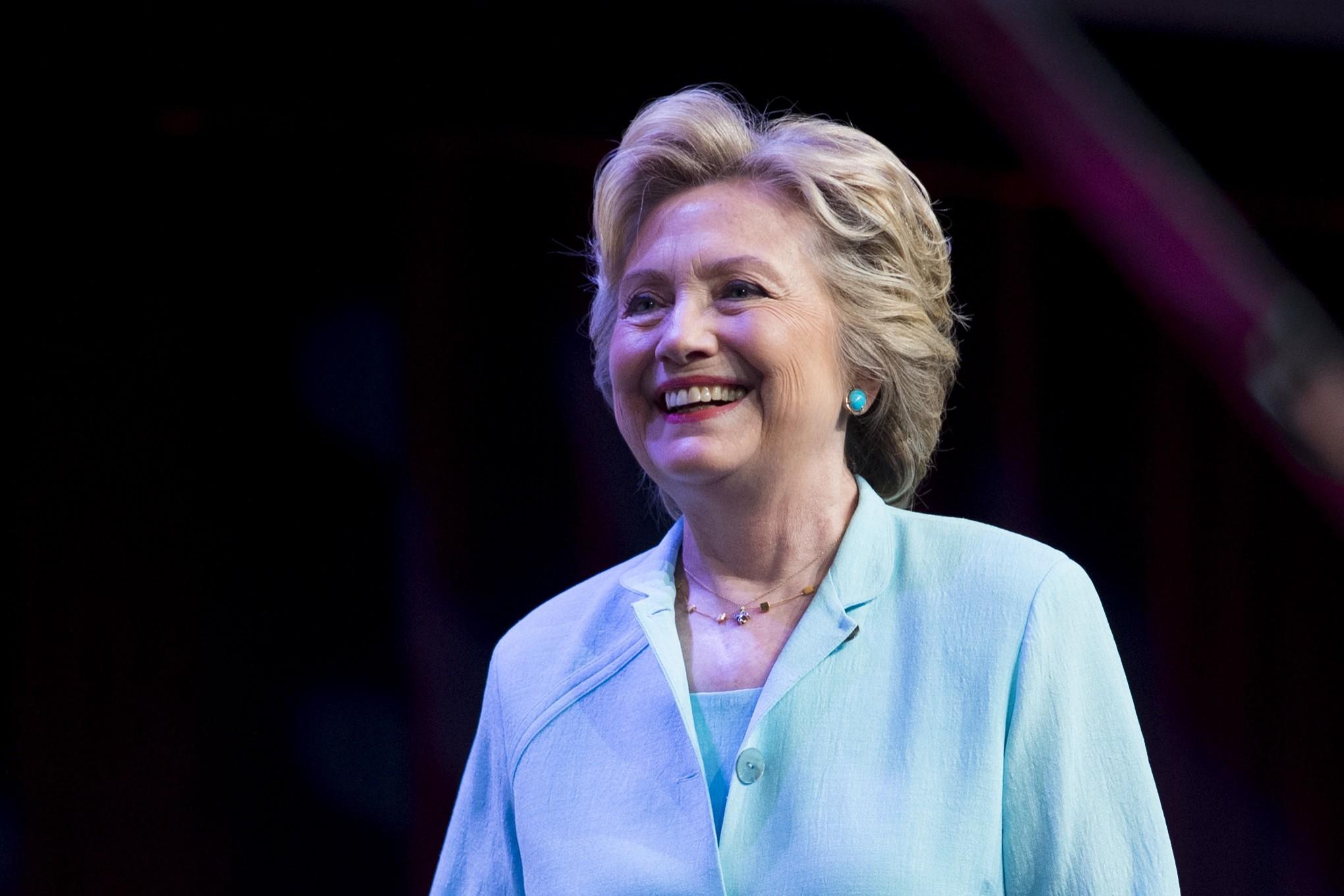
Donald Trump’s gaffes since the party conventions wrapped up are becoming almost too numerous to count. They also appear to be changing the landscape of the election, with Trump’s poll numbers sinking in recent weeks. The race is starting to resemble previous presidential contests less and less, and on the latest Keepin’ It 1600, Jon Favreau and Dan Pfeiffer broke down why that’s the case and how Hillary Clinton has changed her strategy to account for that.
For a full breakdown of the election, check out the podcast here. This transcript has been edited and condensed.
Clinton Can Now Court Republican Endorsements
Jon Favreau: You are starting to see a lot of Republicans … saying they won’t vote for Trump and they won’t vote for Clinton either, but there are others who are starting to say that they will vote for Hillary Clinton, and the Clinton campaign is obviously embracing this. I think a couple podcasts ago, you said that it would be a mistake for Clinton to reach out to these Republicans. Do you still think it would be a mistake?
Dan Pfeiffer: Well, I think I would separate endorsements that would drive press coverage and actual voters. [The Clinton campaign’s] message still needs to be centered around turning out Obama coalition voters. That’s how you’re going to win … Rolling out the endorsements of a bunch of neocon, Bush, war advocates is not always the best move. But the idea that either the Susan Collins non-endorsement or the Republican endorsements of Clinton — what it does is it creates this permission structure for these Republicans who are very uncomfortable with Trump but not in love with Hillary to do one of two things: vote for Hillary, which would be great; or also not vote for Trump, which is also great.
It helped us, in 2008, to get the endorsement of a bunch of Republicans because it created permission for these Republican-leaning independents or Republican voters who were just so fed up with [President George W.] Bush to cross the Rubicon and vote for [Barack] Obama. So, that’s the thing that’s helpful. [But] I guess I would separate press strategy from geo-TV targets.
The Down-Ballot Republicans Are Beginning to Be Dragged Down With Trump
J.F.: Right. And this also puts, I think, people like Paul Ryan and a lot of these battleground state Republican candidates in a tough position, the more Republicans decide to jump off the Trump ship here. Like, Susan Collins, specifically, being from Maine, puts Kelly Ayotte in a pretty tough position, because she’s one of the ones who’s been probably most hurt by this Trump polling collapse. There’s a couple polls out of New Hampshire now … there’s been like three, where Clinton’s up by 10 in New Hampshire and now [Ayotte] is losing to Maggie Hassan.
D.P.: She’s in big trouble. I think a lot of these Republican senators in battleground states are in serious trouble. And anything that makes Paul Ryan’s awkward dance more awkward is something that gives me immense pleasure, so I fully support this.
J.F.: I saw that Marco Rubio is now almost even with Pat Murphy in Florida, so that made me pretty happy this morning.
Some Swing States Are Looking More and More Safe for Clinton
J.F.: So let’s talk about the map. I think the most important thing here is Clinton is now up by anywhere between eight and 10 points in enough states to put her over 270 [electoral votes], which is quite a threshold if that hangs in there.
D.P.: Yes. The idea that Colorado and Virginia are off the map [for Trump] is so mind-boggling if you think back to 2012. In the internal Obama campaign pool, many people, myself included, put Colorado in the Romney column because it was the state that was not breaking toward Obama when the rest of them did because it [has] so many independents. For Virginia, we were up a long time waiting for votes to be counted in Northern Virginia, Fairfax County, I think, to be put over the top for Obama. We ended up winning by a few points, but it was very close. The idea that Democratic super PACs in the Clinton campaign could stop running ads for a while in August in those states, is unbelievable. And now there are reports that the Clinton campaign is gonna make some version of a play in Arizona, Georgia, and potentially Utah.
J.F.: Do you think that’s real, or do you think that’s for press attention?
D.P.: Utah is for press attention. They wrote an op-ed in The Deseret News, which is … not a huge investment of campaign resources. But I think you could make a play there for almost no money and I think they’ll look at it and if polling in five or six weeks still shows it close and you have extra money, throw some money in there and see if you can tip it, just to further embarrass Donald Trump.
We made this play in 2008, we put up some ads in Arizona at the end, which was John McCain’s home state. I think we could have won Arizona if we had invested serious amounts of money in it … your normal strategy is, if you have more resources, you press your advantage in as many states as possible to spread the limited resources of the other campaign … spread them thin. But Trump is not actually running ads, so it doesn’t really have that impact. You’re just creating more and more past the 270. Georgia and Arizona are expensive, so it would be a significant investment of resources to do it. For the long-term health of the party, flipping those states Democratic would be incredibly important.